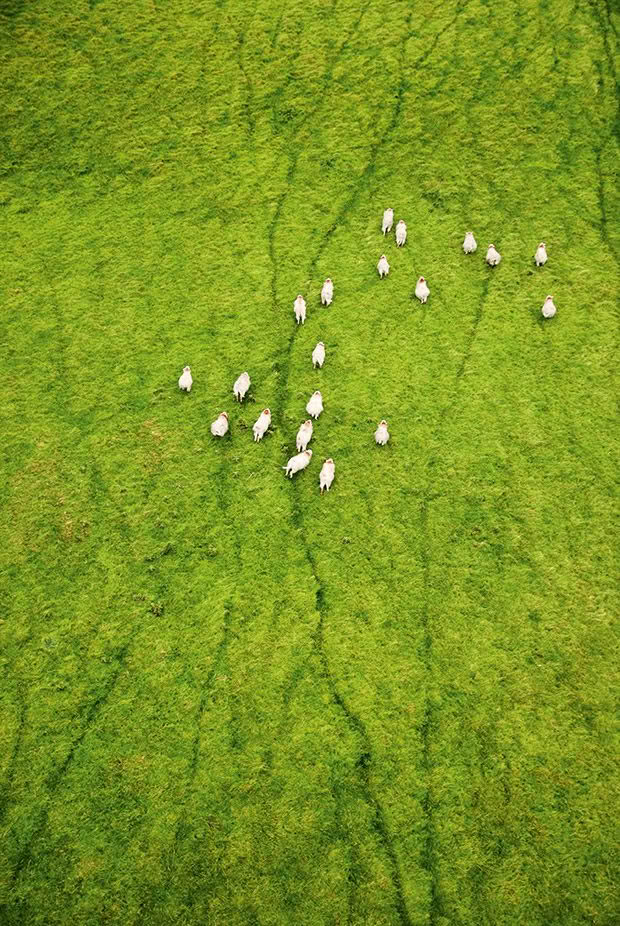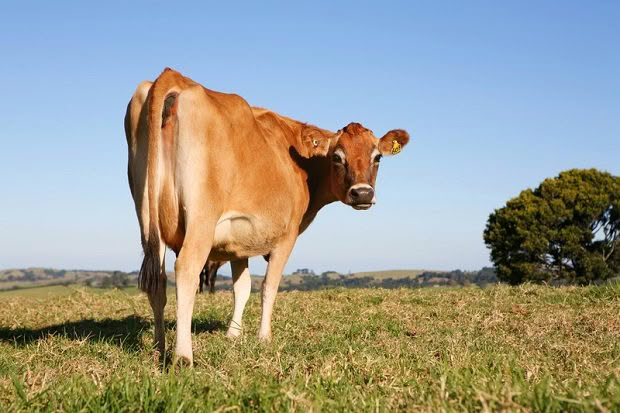15 farming tips for summer: Wean calves and lambs, watch for flystrike

Keep your animals happy and healthy all summer long.
Words: Nadene Hall
CATTLE
• Research shows cattle drink more clean, cold water on hot days and prefer shaded areas, which improves milk and growth. Ensure troughs are clean, and provide shade trees.
• Calves and yearlings will need good quality supplements to keep them growing if pasture is low and/or the summer is very dry. Research has shown that if their growth is stunted due to poor feed in their first summer, it has lifetime effects on an animal’s health and production.
• Wean all calves suckling on cows.
• Get rid of all bulls if they are not needed.

• Check water systems, and electric and standard fences before leaving for your holidays. Do you have personal liability insurance in case stock get out?
• Don’t drench for worms without veterinary advice. Drenching unnecessarily contributes to parasite resistance to drench chemicals.
SHEEP
• Wean all lambs and get some weight back on ewes so they will be ready for mating in late summer.
• Don’t keep small, late-born lambs, thinking they will catch up to older stock – it’s been proven that this is not economic.
• Sheep need to be shorn when wool is 100mm long. Book the shearer early and discuss what to do with the wool. Use a preventative flystrike treatment on shorn livestock.
• Keep a twice-daily watch for flystrike, especially on woolly lambs. They will separate themselves from the flock, look depressed, and will be biting at affected areas. You may see a wet-looking patch of wool, but not always. Talk to your vet about treatment options you can have on hand.
• Look for rams with good genetics, especially for facial eczema and parasite resistance. Don’t let rams run with ewes all year. Decide on a mating date to suit your spring grass growth.
• Warm, humid weather and short grass will expose a lamb’s immature immune systems to parasites. Do regular faecal egg counts, and talk to your vet about options.
GOATS
• Keep goats on separate pasture from sheep, or run them ahead of sheep. Goats never build up an immunity to worms. Grazing on longer pasture (over 8cm) means they can avoid ingesting worm eggs that sit in pasture (below 5cm). Regular FEC tests mean you will only need to drench as required.
PIGS
• Have a wallow or bath available. Pigs can’t sweat, and rely on shade, mud and cold water to regulate their temperature on hot days.
• Pigs need clean water for drinking, separate from any water used for a wallow or bath. It should be easily accessible, and in a sturdy trough or container that can’t be tipped over.
Love this story? Subscribe now!
 This article first appeared in NZ Lifestyle Block Magazine.
This article first appeared in NZ Lifestyle Block Magazine.
